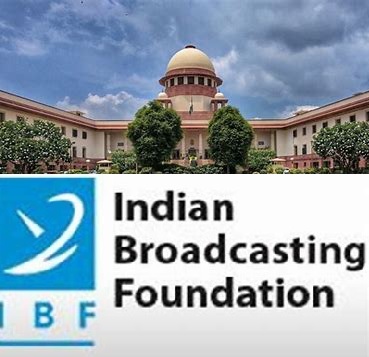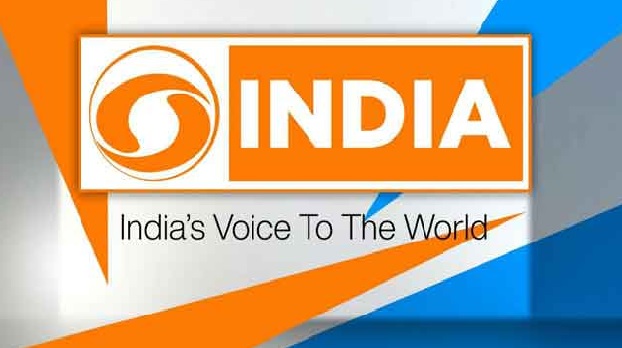The Indian Broadcasting Foundation (IBF) has moved the Supreme Court against the Bombay High Court verdict upholding the New Tariff Orders (NTO) 1.0 and 2.0 besides the powers of the Telecom Regulatory Authority of India (TRAI) to fix tariff for broadcasting. The petition was filed today and is tentatively expected to list next week.
The IBF has contended that the Bombay HC has given an incorrect interpretation to Article 19(2) of the constitution whereby public interest has been held to be an additional condition to apply in the case of the broadcast industry. It also stated that different forms of freedom of speech and expression are being subjected to different levels of restriction.
The petition also argues that the Bombay HC has blindly accepted whatever the TRAI has said in its explanatory memorandum without carrying out the review to find out whether there is any basis to the statements that TRAI has made. A case in point being the reduction of MRP from Rs 19 to Rs 12 without providing any logic behind the decision.
Further, the petition contends that TRAI has not provided any rationale for bringing restrictions on bouquet formation. The foundation also noted that the twin conditions have been reintroduced at the retail level despite not being part of the principle tariff order.
The IBF along with The Film and Television Producers Guild of India Star India, ZEEL, Viacom18, and Sony Pictures Networks India among others had challenged the constitutional validity of Section 11 of TRAI Act 1997, NTO 1.0 and NTO 2.0 before the Bombay High Court. The petitioners (broadcasters) had pleaded that all three should be declared constitutionally invalid. However, all three challenges failed barring the second part of the twin conditions that were incorporated in NTO 2.0.
The bench of Justices AA Sayed and Anuja Prabhudessai held that the second twin condition “is arbitrary being contrary to the mandate of section 11(4) of the TRAI Act of ensuring transparency and violates the Petitioners’ fundamental rights under Articles 14 of the Constitution”.
























